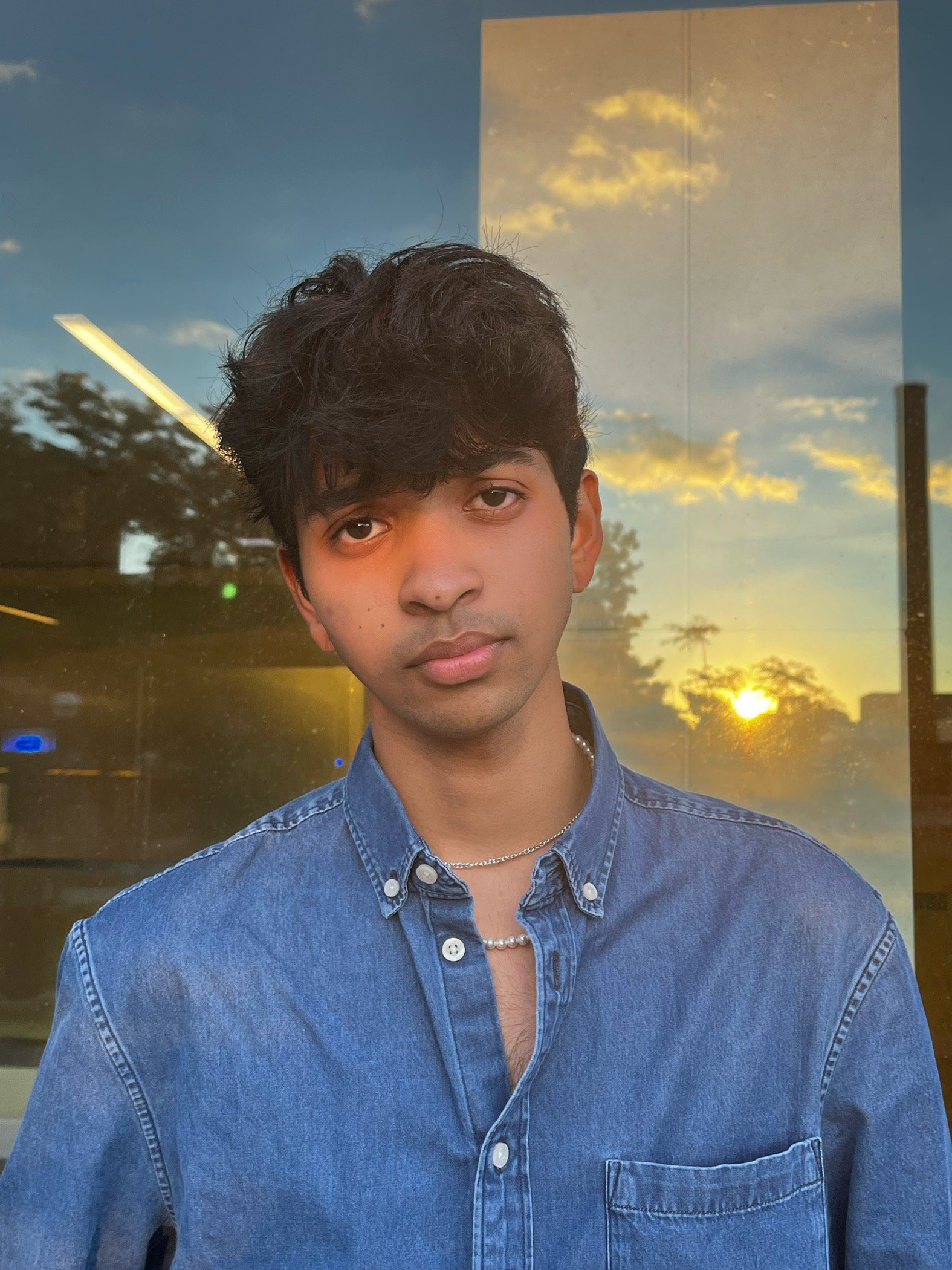What I love most about Taubman is that, as an entity, it is able to criticize itself. Through my work with the Taubman DEI staff, we constantly discuss what can be improved, what we may be doing wrong, and how to fix it. I think that’s what architecture is all about; being able to learn from the past and build a better future.
Hometown
Orange Park, FL, United States
Degree Program(s)
B.S. Architecture
Expected Graduation Date
April 2025
Academic Areas of Interest
Architecture, UX, Sociology, APIA studies
Hobbies or interests outside of academia
Music, Art, Writing
Why did you choose Taubman College as the right program for you?
Taubman College offers a unique opportunity in providing a small-school environment within a much larger university. I have been able to learn and receive feedback from architecture professors on a personal level while being involved in extracurriculars that span across U-M’s various schools, offering me a close-knit community within a greater scope. I often take the bus to my Architecture History class in the morning—there could be five people I recognize, but 20 more that I have yet to meet.
What is special or excites you about the Taubman community?
What I love most about Taubman is that, as an entity, it is able to criticize itself. Through my work with the Taubman DEI staff, we constantly discuss what can be improved, what we may be doing wrong, and how to fix it. I think that’s what architecture is all about; being able to learn from the past and build a better future.
If applicable, tell us about studio culture – what is inspiring or innovative or unique?
I remember during our review of ARCH 251 – Seeing, we pinned our drawings from those past few months on the CMYK walls, demonstrating our growth and complete collection of work. It was during that review that I started to bond on a deeper level with my classmates. While we may not have initially recognized it, we were all growing and learning together, and seeing that visually displayed brought us all a lot closer together. There was something special about looking at where we started off and ended up, inspired by each other and an eagerness to learn.
Describe your experience with faculty and professional staff during your time at Taubman?
I really value how every professor teaches so differently. Even if another instructor teaches the same module in a different semester, the takeaways of the course are extremely different, which is valuable to diversify the skillsets of our student body as a whole.
How has Taubman’s career and professional development support prepared you for a successful career in your chosen field?
Even being a sophomore, Taubman’s professional development staff has been open and ready to work with me, offering me guidance on resume writing, finding opportunities, etc. I deeply value the fact that these individuals open me with welcome arms, regardless of my younger age.
What benefits have you experienced being part of the University of Michigan?
I genuinely think I have the best friends in the world—the connections and friendships I have made here are certainly everlasting. I am extremely grateful to learn from them, call them my peers, and even just share a campus with them.
What do you like most about being part of the Ann Arbor community?
I appreciate how friendly everyone is—as amazing as the university’s community is, it’s very easy to engage with the outside community by visiting the Ann Arbor District Library or taking The Ride to a cafe.
What advice would you give prospective students as they consider Taubman College?
I would urge students to apply to Taubman as direct admits. Doing so, I was integrated into the Taubman community from my very first day, which allowed me to take classes with more freedom and represent the university’s best school, of course!
What are your plans after graduation?
I plan to attend graduate school to earn architecture accreditation! I would like to work with design-leading inclusive spaces in the future.
Additional advice or thoughts you’d like to share with prospective students?
No matter where you are, take a drawing class! Whether you decide to switch majors or fully pursue architecture, the spatial thinking and confidence I gained from being able to produce a straight line without a ruler, for example, often spills into other aspects of life, whether it be public speaking, or simply hanging up a picture to be aligned. Personally, I think that there are very few people that can instill those types of values, such as our very own Professor Melissa Harris.

